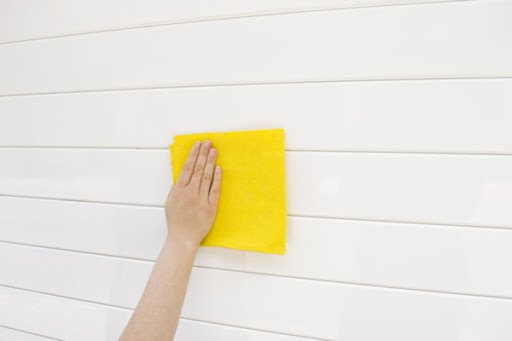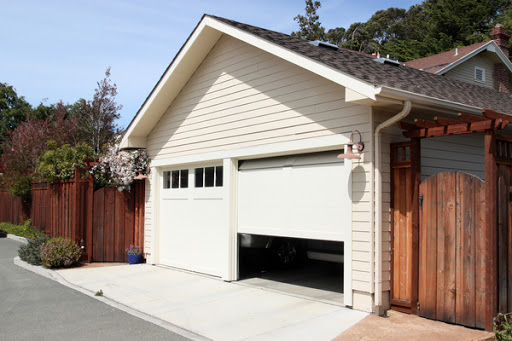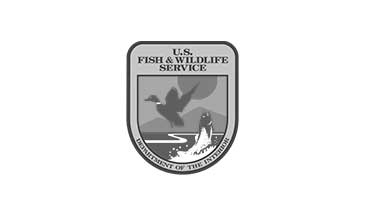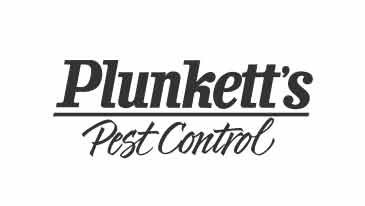If this has never happened to you, this blog probably sounds weirdly specific. Maybe even comically specific. Unfortunately, however, actually finding a raccoon in your garage usually isn’t very funny. More often, it’s actually really scary. Raccoons don’t like being confronted by people. When you approach them, they freak out and run away. When they don’t have anywhere to run away to, they can be dangerous. Even if you don’t see the raccoon in your garage, they’re still a problem--or at least an annoyance. These pests in your garage will knock over your garbage, throw your stuff around, and generally make a mess. Whatever happens, it’s not good. Here are four steps you can take to keep raccoons and other wildlife from sneaking into your garage.
Secure your Dumpster
Raccoons wander into your garage for the same reason they wander anywhere else: to find food. Raccoons are notoriously drawn to garbage. They can smell it from far away, and they’ll stop at very little to get it. Raccoons are known for climbing up and into dumpsters or even knocking them over to get at garbage inside. They’ll even tear through plastic bags and packaging to find the food they’re looking for. Even the dumpster you keep inside your garage isn’t safe from nature’s bandits. Given half an opportunity, raccoons will stroll right up to your garage and find a way to climb in. If they can’t get inside themselves, they’ll happily knock it over. Find a way to secure your dumpster from tampering. Use bungee cords to seal the top whenever you’re not using it. Consider finding a way to “bolt” it down when you’re not moving it. If raccoons can’t get your garbage, they won’t find your garage nearly as interesting.Keep the Door Closed
Ok, you probably think this sounds obvious. That’s fair. We’re not just talking about at night, however. You should never keep your garage door open when you’re not using it. Not only can raccoons slide in if you do, but other things can, as well. Often, garbage and other debris may blow into your open garage from the outside. Raccoons or other pests might chase that debris inside. You may even trap animals inside your garage accidentally when you close the door again. Keep every one of your garage doors closed whenever you aren’t actively using it. Make sure the rubber sealing of the door is snug with the ground when you close the door. Replace rubber sealing if it seems damaged or if it lets light in under it. In fact, look for any openings where you can see light coming in when the door’s closed. Seal up these possible access points to make your garage much more pest-proof.Clear the Clutter
Garages tend to become storage areas. It’s tough to avoid: as years go by, you’ll end up acquiring all kinds of… stuff. Some stuff, like lawn care equipment, camping gear, or boating equipment may be too bulky to bring inside. Some of it may get too dirty or dusty to want to bring inside. Either way, the garage becomes a suitable “in-between” space for this category of stuff. The problem is, all that stuff makes for great hiding places. Wildlife pests, like raccoons, are shy. The more exposed they feel in any given location, the less likely they are to hang around long. That means the cleaner and clearer your garage is, the less accessible it will be to these pests. Conversely, the more stuff you jam into your garage, the easier it’ll be for raccoons to sneak around. Keep your garage floor as clean and clear as possible to keep raccoons from feeling too comfortable.







